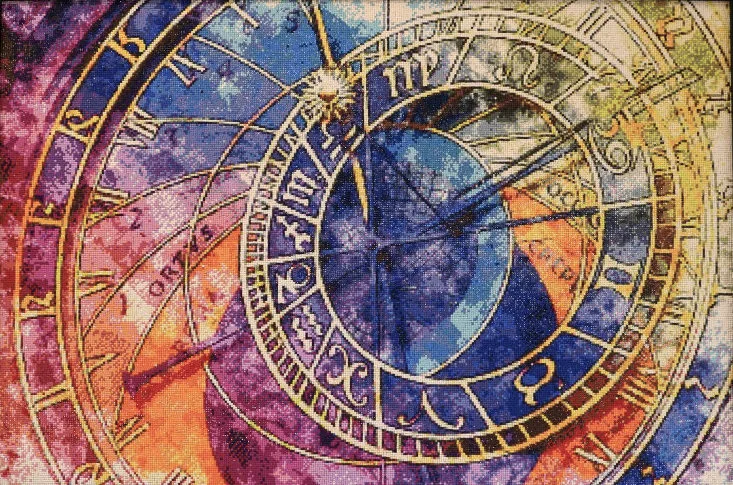The vast majority of people reading this right now subscribe to Presentism. Presentism is the view that only the present time exists and so only present objects exist. Every moment, as time passes, objects that come to be in the present come to exist and objects that fall out of the present cease to exist. The past and future, as well as past and future entities, exist no more than fictional characters or the objects in dreams.
One problem with presentism is it becomes difficult to make sense of assertions about other times. How can I make sense of the claim that, "Socrates was taller than Descartes" if neither person exists? How can I make sense of the claim that, "The sun will come out tomorrow" when there is no tomorrow? We might be tempted to say that claims about non-existent entities are meaningless in that they do not have a truth-value. But to say these claims are meaningless seems to go against our intuitions about our own speech acts.
Another objection comes from physics. According to special relativity, simultaneity between objects or events depends on the frame of reference that you use to view them. Events happening at the same time from one perspective will be happening at a different time from a different perspective. The popular example is that the people riding in the ambulance hear the sirens earlier than the people standing on the sidewalk. Special relativity tells us no frame of reference is privileged. Therefore, there is no fact of the matter as to whether two events are happening at the same time. This seems to imply that there is no fact of the matter about what counts as the present.
In response, we could adopt a different ontology of time. The Growing Block Theory argues that the past and present exist. More precisely, it argues that, as the present moves forward, the past and past objects continue to exist (and the future does not exist). So every past instance of you exists just as much as you do in the present. You are "spread out" in time, so to speak.
Another popular theory in the metaphysics of time is Eternalism. This theory says the past, present, and future all co-exist equally. Hence, past, present, and future objects, events, and relations all exist. On this view time never passes; we live in a frozen universe. Differences in time are only perspectival (like how people seem smaller when you look at them from far away). Eternalists do, however, admit that events are structured by temporal relations such as "before" and "after".
There are other theories (such as rejecting the existence of time entirely) but this is enough for our purposes. Given these considerations, what is your metaphysics of time?

Sure you can define a small enough unit, call it dt or “change in time.” That’s the basis for calculus anyway.
I think what you’re referring to is that our perception lags behind reality, and so by the “time” we point at a moment and call it present, that moment no longer is the present. I certainly think that’s true, although I don’t see how that indicates that there is no present?